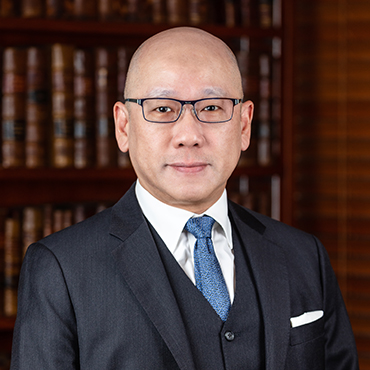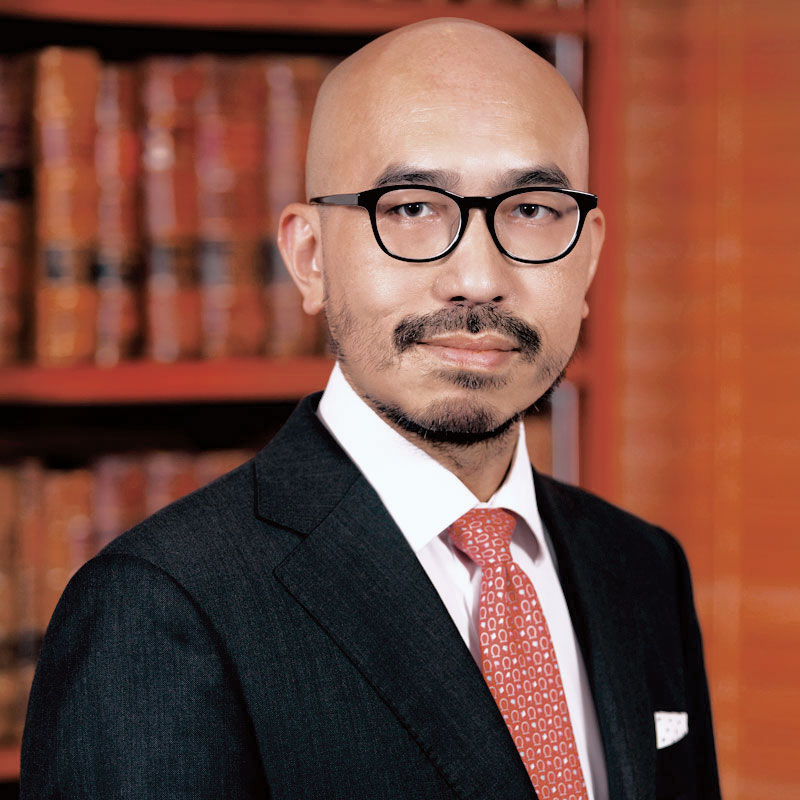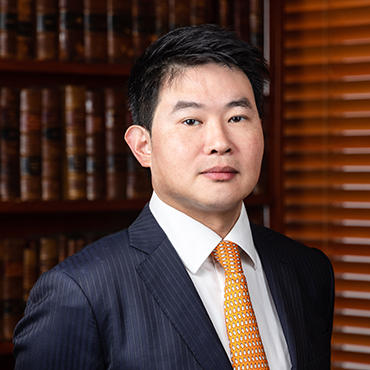Lai Chee Ying v Commissioner of Police [2022] 5 HKLRD 205, [2022] HKCA 1574 (Robert Pang SC, Steven Kwan, Albert NB Wong)
Robert Pang SC leading Steven Kwan, Albert NB Wong and Samantha Lau, represented the plaintiff/applicant in Lai Chee Ying v Commissioner of Police [2022] 5 HKLRD 205, [2022] HKCA 1574.
- (1) Within the framework of the NSL, the Implementation Rules were delegated legislation made pursuant to the authorisation under NSL 43. Hence, the NSL, as the enabling legislation, formed a crucial part of the legislative context in which the Implementation Rules must be construed. The legislative purpose underlying s.1 of Sch.1 to the Implementation Rules, under which “specific evidence” was defined, should be consistent with the NSL, which was to effectively suppress, prevent and punish offences and acts endangering national security (HKSAR v Lai Chee Ying (2021) 24 HKCFAR 33 applied). (See paras.11-14, 17.)
- (2) The following were highly relevant to the construction of “specified evidence”: the primary objective of the NSL; the legislative purpose of Sch.1; the requirements in NSL 4 and NSL 5 for the protection of the freedom of the press and the adherence to the principle of the rule of law, with the principle of legality as an important facet; and the local laws on search which should operate as a coherent whole with Sch.1. In exercising the discretion to issue a warrant under s.2(2) of Sch.1, the designated magistrate should be guided by these considerations (HKSAR v Ng Kung Siu (1999) 2 HKCFAR 442, So Wing Keung v Sing Tao Ltd [2005] 2 HKLRD 11, A v Commissioner of ICAC (2012) 15 HKCFAR 362, Comilang v Director of Immigration (2019) 22 HKCFAR 59 applied). (See paras.15-24.)
- (3) The following features of the local laws on search shed considerable light on the construction of “specified evidence”: s.83 of the the Interpretation and General Clauses Ordinance (Cap.1) (the IGCO), which subject the search and seizure of journalistic material by warrant authorised by legislation generally to the regime in Pt.XII of the IGCO; the principle that journalistic material was not immune from search and seizure; the balancing exercise between the competing public interests in protecting journalistic material and crime prevention and law enforcement objectives; and the court’s gatekeeping role against unlawful and arbitrary interference with fundamental rights that a search warrant might entail (Apple Daily Ltd v Commissioner of the ICAC (No 2) [2000] 1 HKLRD 647, R (Bright) v Central Criminal Court (DC) [2001] 1 WLR 662, So Wing Keung v Sing Tao Ltd [2005] 2 HKLRD 11, Keen Lloyd Holdings Ltd v Commissioner of Customs and Excise [2016] 2 HKLRD 1372 applied). (See paras.25-32.)
- (4) Construing “specified evidence” in the above context, it covered journalistic material, as clearly borne out by its natural and ordinary language (See para.33):
- (i) Journalistic material was not immune from search and seizure in the investigation of any criminal offence, as with offences endangering national security (See para.34);
- (ii) Were such material excluded from the definition of “specified evidence”, it would unduly limit the scope and hence reduce the effectiveness of police investigation, which would not be conducive to the legislative purpose (See para.35); and
- (iii) Such a construction did not diminish the protection afforded to the freedom of the press by the local laws or violate the principle of legality. Although Pt.XII of the IGCO has not been incorporated within its framework, Sch.1 operates in tandem with the local laws on search as a coherent whole. The same protection and safeguards based on public interest for journalistic material under the common law equally apply to a warrant under Sch.1. (See para.36.)
[The above is excerpted from the headnote to the report in HKLRD.]




